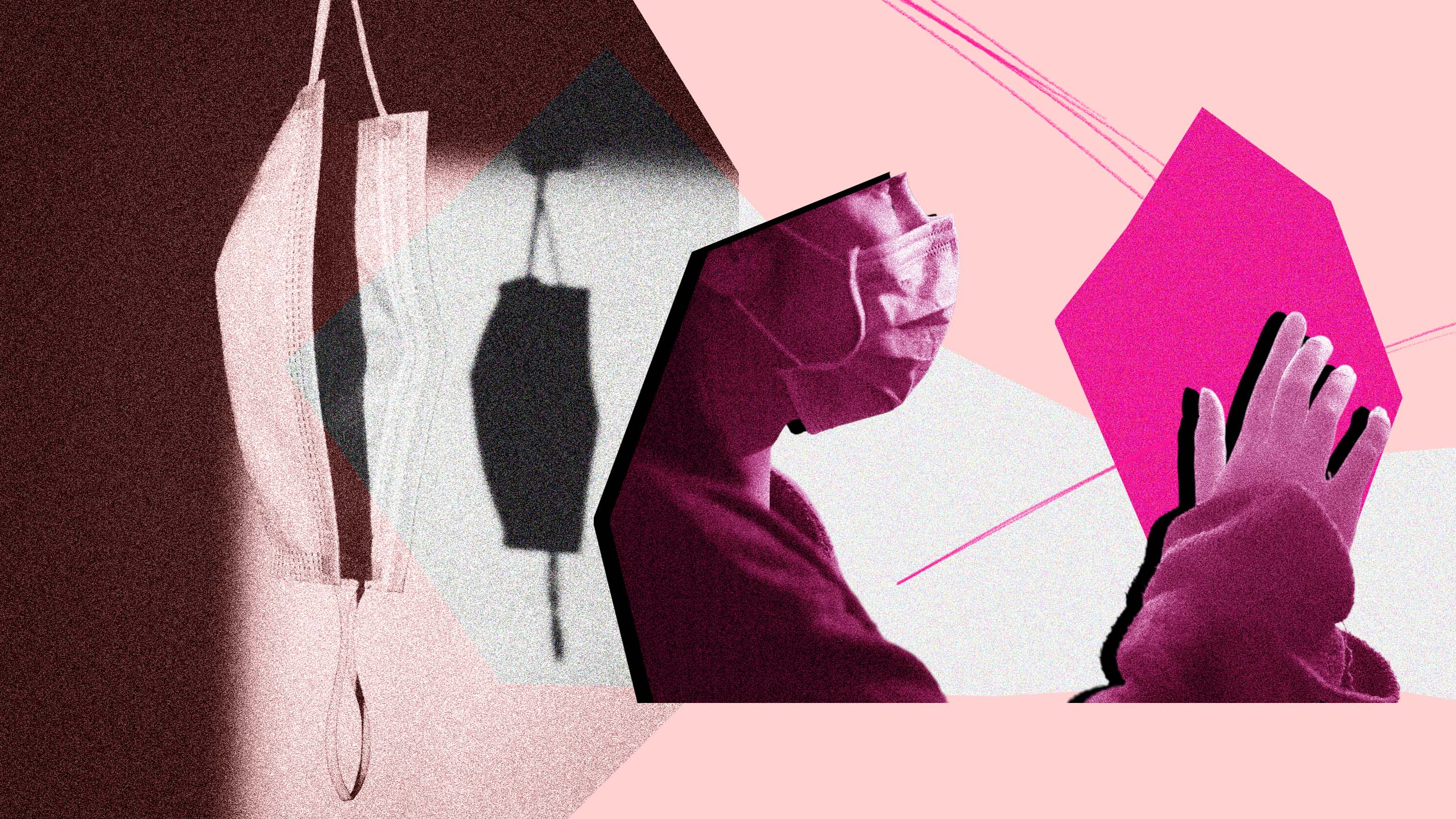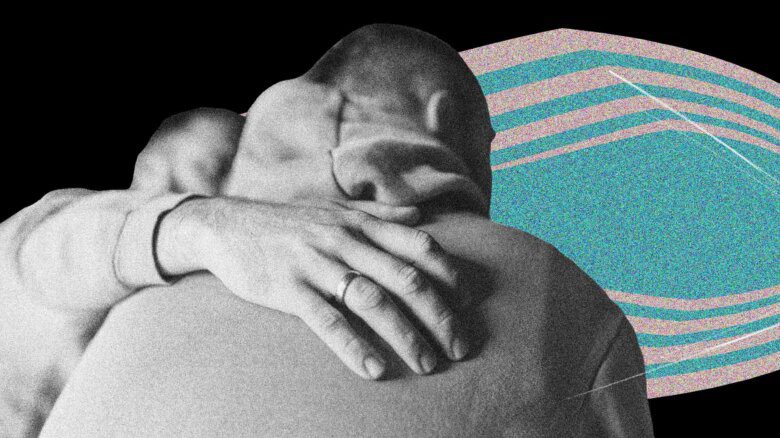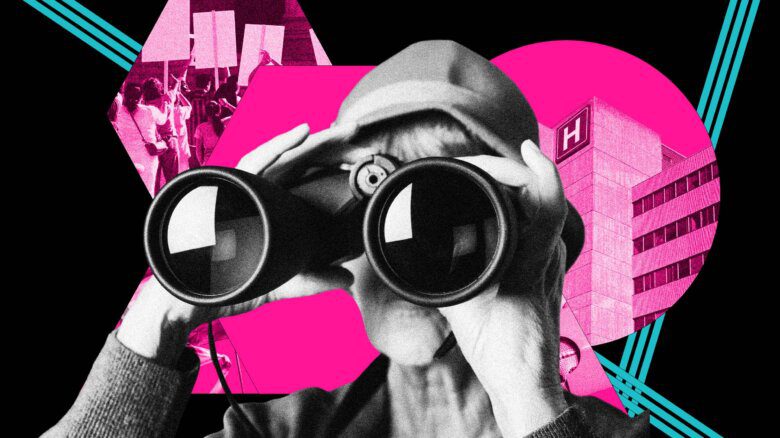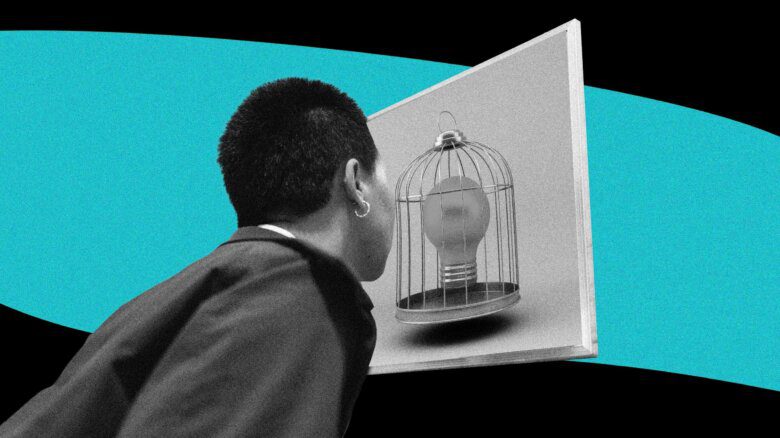LGBTQ2S+ Canadian are suffering increased mental health challenges due to the COVID-19 pandemic, according to a new report from the Mental Health Commission of Canada (MHCC).
According to a series of polls taken between October 2020 and September 2021, just one out of four LGBTQ2S+ Canadians said their mental health is “excellent” or “very good”—compared to nearly half (43 percent) of non-LGBTQ2S+ respondents. Around half were experiencing moderate to severe symptoms of anxiety or depression—nearly double the rates of non-LGBTQ2S+ respondents. In both cases, rates were worse when it came to LGBTQ2S+ people of colour and low-income respondents.
LGBTQ2S+ youth also reported notably high rates of mental health struggles—with 60 percent reporting moderate to severe anxiety, 41 percent reporting symptoms of depression and nearly 30 percent reporting suicidal thoughts. LGBTQ2S+ people are already at increased risk for these issues—according to the Canadian Mental Health Association, queer youth are 14 times more at risk for suicide and substance abuse issues than their peers.
When it comes to barriers to accessing mental health services, financial concerns were cited as the top reason why respondents to the MHCC’s polls weren’t able to access mental health and substance abuse support services. Financial concerns were also a top source of stress for LGBTQ2S+ respondents—though issues including social isolation (for older respondents) and school (for younger respondents) were also top stressors.
Researchers with the MHCC said that the pandemic has played a major role in worsening mental health concerns—particularly for vulnerable communities—and that government investments are needed to combat the issue. “What this report tells us is that those investments can be made wisely, and more investment is needed in services that really target the unique needs of the LGBTQ2S+ community,” said Ed Mantler, chief program officer at the MHCC, speaking to The Canadian Press.
As the pandemic continues to progress, research and polling have increasingly found that its mental health impacts are exacerbated for marginalized populations, including LGBTQ2S+ people—with youth and people of colour particularly impacted. Issues like economic insecurity, job losses, social isolation and worries about the future have prompted what some advocates are calling a “mental health crisis.”
“We are sharing this report as Pride celebrations occur this summer to acknowledge that LGBTQ2S+ communities have been disproportionately affected by the pandemic due to increases in social, political and economic inequities,” said Michel Rodrigue, president and CEO of the Mental Health Commission of Canada in a statement. “However, we must take pride in knowing that LGBTQ2S+ communities are resilient, strong, hopeful, accepting and inclusive.”


 Why you can trust Xtra
Why you can trust Xtra


